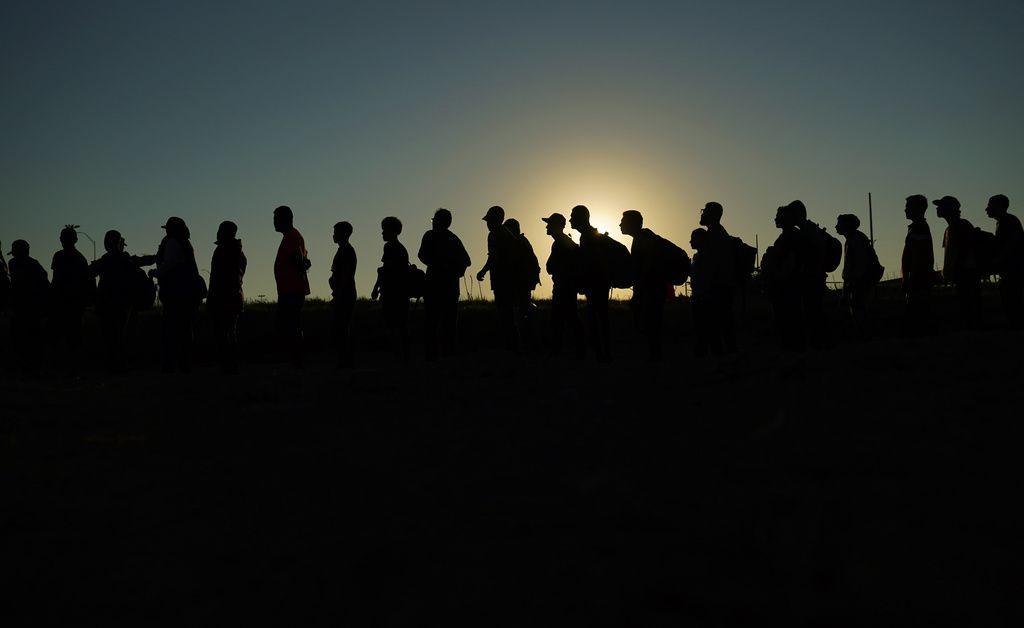
Federal judge blocks state law that would allow police to detain people suspected of illegally entering U.S., blowing Texas Governor Greg Abbott's efforts to enforce immigration laws
A federal judge blocked a contentious state law that was about to give police broad authority to detain people suspected of entering the country illegally on Thursday, dealing a serious blow to Texas Governor Greg Abbott's efforts to enforce immigration laws.
U.S. District Judge David Ezra's decision, which sharply rejects the Republican-backed proposal, is a major win for the Biden administration. The bill was immediately challenged in court, and after Thursday's ruling, the state attorney general's office promptly filed an appeal. The law was supposed to go into effect on March 5.
Judge Ezra's injunction rejected Texas' immigration approach on a number of fronts, including constitutional infractions and the rejection of Republican claims of an "invasion" along the Dixie border. The court expressed worries about the law's ability to sour ties with other countries, its infringing on federal power, and its conflicts with federal immigration regulations.
Judge Ezra has already ruled against the state of Texas' attempt to build a floating barrier in the Rio Grande, so this is not the first time he has been involved in border matters. In his most recent decision, the judge emphasized the federal supremacy concept found in the Constitution and cautioned against states going beyond federal orders regarding immigration enforcement.
Critics have drawn comparisons between the Texas law and the contentious "show me your papers" statute from Arizona in 2010, which the US Supreme Court partially overturned. Drawing comparisons between the two statutes, Judge Ezra claimed that the Texas bill was barred by the legal standard established by the Arizona decision.
Governor Abbott, a fervent defender of the legislation, denounced the court's ruling and blamed President Biden's insufficient border policy for the spike in migrant arrivals. Abbott expressed confidence that the issue will ultimately make it to the Supreme Court and pledged to carry on the legal struggle.
After contesting the statute in court, civil rights organizations applauded the decision as a win against possible racial profiling and violations of civil rights. The Las Americas Immigrant Advocacy Center's director of advocacy and legal services, Jennifer Babaie, praised the ruling as a blow to Texas's effort to criminalize underprivileged populations.
The court battle between the Biden administration and Texas highlights deeper conflicts over border security and immigration policy. The degree to which states may autonomously enforce immigration rules in the absence of federal action is at the center of the disagreement.
Texas law enforcement officials would have been able to detain anybody suspected of entering the nation illegally under the now-blocked bill, which might have resulted in misdemeanor or criminal charges. The law's potential for misuse and its effect on immigrant communities were worries voiced by critics.
Source: AP